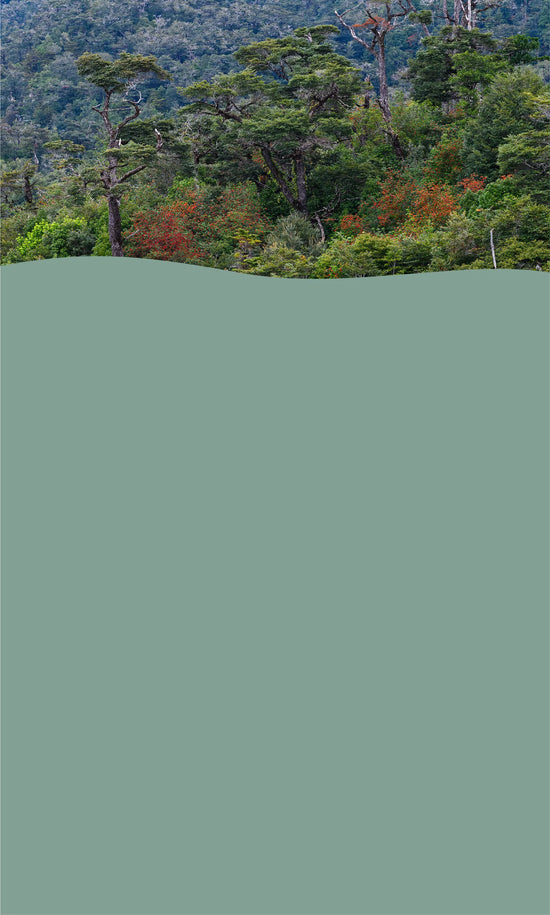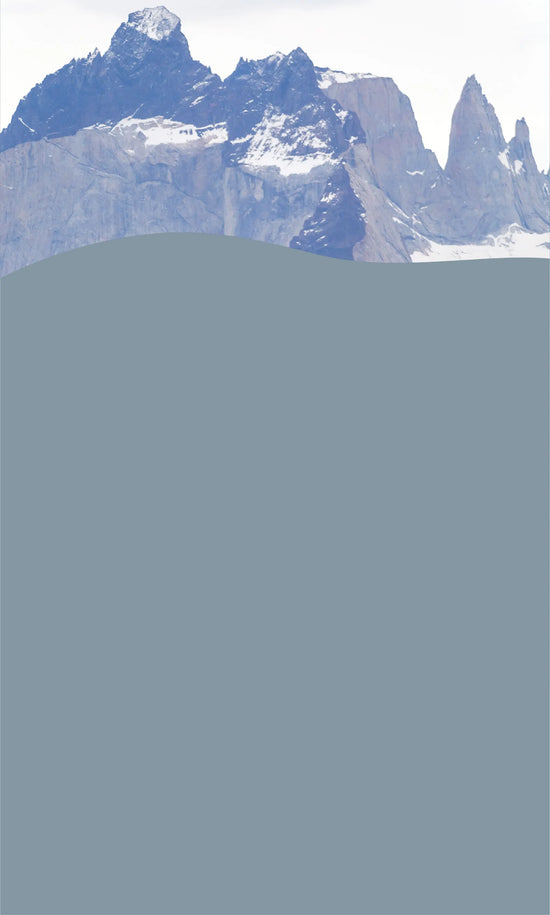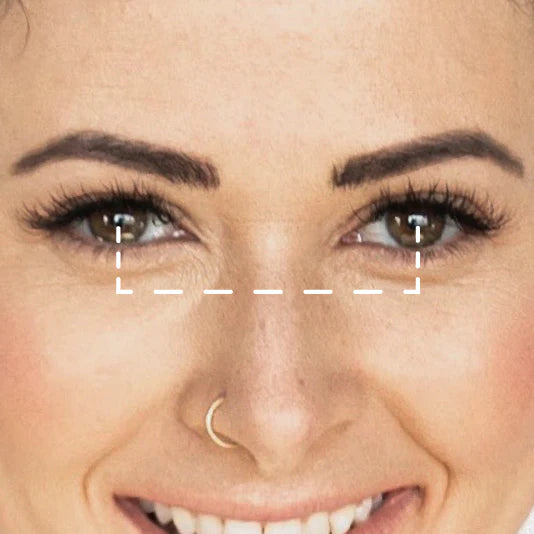The origin of Karün lies in the belief that we are all nature. Consequently, not only people but also companies should exist in harmony with nature.
This is something that has shaped our operations and the way we produce eyewear from the very beginning.
As a certified Company B, we seek to minimize any negative social and environmental impact we may generate, aiming to maximize the social benefits we can provide to our local community in Chilean Patagonia, where we are located.
We have always used natural, noble, and recycled materials as inputs, and work alongside local communities in Patagonia so that together we can protect one of the most pristine natural places on the planet.
In terms of our production model, we are step by step demonstrating that it is possible to move from a linear and extractive model to a circular way of producing eyewear.

The impact of our operations at our Puerto Varas office is already very low, as we do not burn any fossil fuels on-site, we recycle and compost our waste. In doing so, our main direct impact lies in electricity consumption, of which approximately 53% is still derived from fossil fuels in Chile.
However, we obviously have residual carbon emissions that contribute to global warming - just like any other company - although significantly lower than companies operating a linear model.
We decided to measure and offset that footprint again this year, re-certifying ourselves as a CarbonNeutral® company and further strengthening our commitment to the environment.
As an organization we believe that in a Climate Change strategy, offsetting residual carbon emissions is the final step, the aim of the strategy is to achieve year on year emissions reductions, and then, at the end of the process, offsetting is applied only to the residual amount of emissions that could not be avoided.
In our case, our carbon footprint for 2020 was 60.5 tons of CO2 equivalent. To give a better idea of what this means, 60.5 tons of CO2 emissions are equivalent to heating 7 homes for 1 year or driving 13 cars in 1 year or a distance of 242,676 km.
Only 9.7% of these emissions actually occurred in our offices and are mainly related to electricity consumption. The remaining 90.3% comes from our production chain (raw material distribution and final products), but as a responsible company, we recognize that it is good practice to include these emissions in our reporting as they are our responsibility. It allows us to take action and explore ways to work with our suppliers so that they can also reduce their emissions. This will benefit us as their customer, our suppliers' other customers, and the planet.
In an ideal fit for Karün and our broader environmental and social commitments, we chose to support the Acre Amazonian Rainforest Portfolio REDD+ project in Brazil, which is a global biodiversity hotspot and one of the last remaining virgin forests in the Amazon basin.

(Area covering the Acre forest in Brazil)
This collection of three projects aims to prevent deforestation in 105,000 hectares of virgin forest in the Amazon basin, protecting some of the world's most biodiverse habitats. Supported by carbon finance, the projects work with local communities and groups to help protect ecosystem services while providing alternative models of economic development that avoid forest destruction.
With the current rate of deforestation in the state of Acre in Brazil, largely due to the conversion of hectares for livestock and agricultural consumption, it is indicated that the forests covering this area could decline by as much as 65% by 2030, making it imperative to put efforts into supporting the protection of these territories.
By quantifying the emissions avoided by not using these hectares for livestock or agriculture (and preventing the carbon stored in the trees from being released when they are cut down), the reductions are monetized and sold to companies like Karün, which helps finance the work of projects such as the Acre Amazonian Rainforest Portfolio REDD+.
While we were unable to avoid 60.5 tonnes of emissions after switching to a circular model of operations, by purchasing 60.5 tonnes of reductions we are contributing to the Nature Conservancy's work to protect this beautiful area which includes promoting the sustainable use of natural resources, aligned with community development.



